Did you know that the average American spends around $600 per year on car maintenance, and a significant portion of that could be on unnecessary repairs? It’s a staggering figure, especially when you consider that some of these costs could be easily avoided. This article aims to shed light on seven types of car repairs that often drain your wallet without providing real benefits. From the myth of engine flushes to the folly of premium fuel, these are the car repairs you might want to reconsider. So, buckle up and get ready to become a more informed car owner who knows how to save money without compromising vehicle performance.
Contents
The Myth Of Engine Flushes
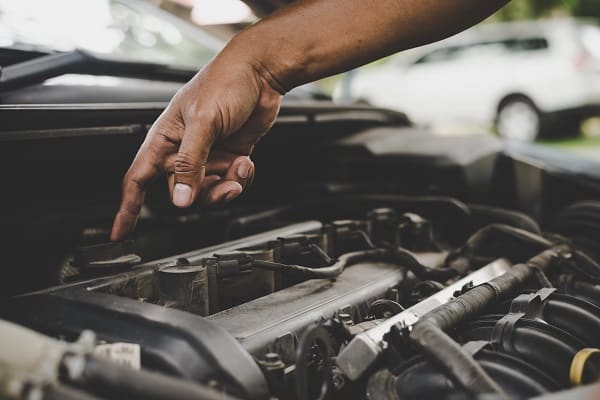
Engine flushes are often touted as a must-do for enhancing your car’s performance and longevity. Mechanics may suggest this service to remove build-up and gunk from your engine. However, what many don’t realize is that modern engines are designed to be highly efficient and self-cleaning to some extent. The need for an engine flush is often overstated, especially for newer models that are well-maintained.
Moreover, engine flushes can actually be risky. Introducing a flushing agent into your engine can dislodge debris that may clog up other parts, leading to more severe issues down the line. So, before you opt for an engine flush, consider the age of your car and consult your owner’s manual. You might find that this service is not only unnecessary but potentially harmful.
Premium Fuel Folly
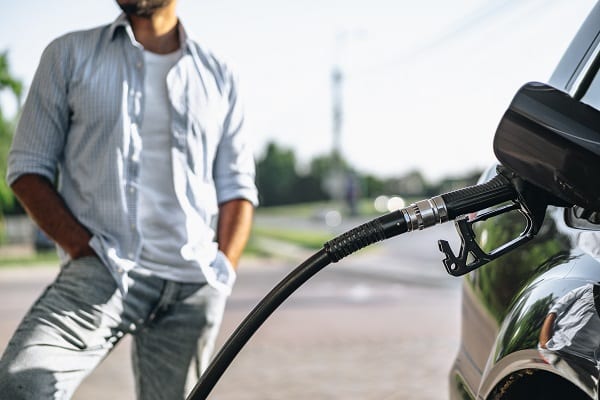
Ah, premium fuel—the elixir that promises to boost your car’s performance and efficiency. Gas stations and even some mechanics will sing praises of the high-octane fuel, claiming it’s better for your engine. But here’s the kicker: Most cars on the road today are designed to run perfectly well on regular fuel. High-octane fuel doesn’t necessarily provide a benefit unless your car specifically requires it.
Check your car’s manual to see what type of fuel is recommended. If it doesn’t explicitly state that premium fuel is required, you’re likely wasting money with every fill-up. The cost difference between regular and premium fuel can add up over time, making this a wasteful expense that offers little to no tangible benefit.
Air Filter Replacements
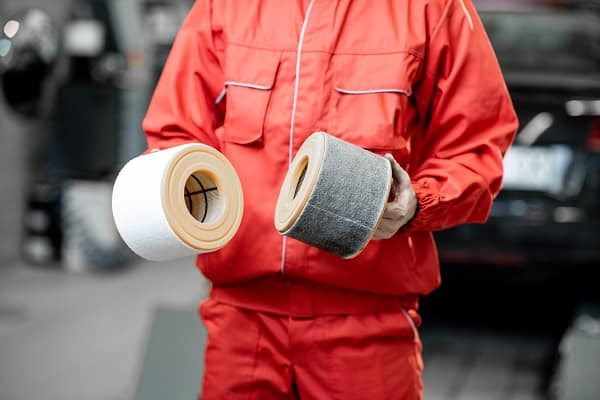
“You need a new air filter” is a phrase many hear during routine oil changes or inspections. The common advice is to replace air filters every 12,000 to 15,000 miles. But here’s the reality: Air filters often last much longer, and frequent replacements are usually overkill. Advances in air filter technology mean they are more durable and efficient than ever.
Instead of adhering to a rigid replacement schedule, why not check the air filter yourself? A visual inspection can often tell you all you need to know. If it’s clean and free of significant debris, chances are it’s still good to go. This simple check can save you money and ensure that you’re only replacing parts when absolutely necessary.
Frequent Oil Changes
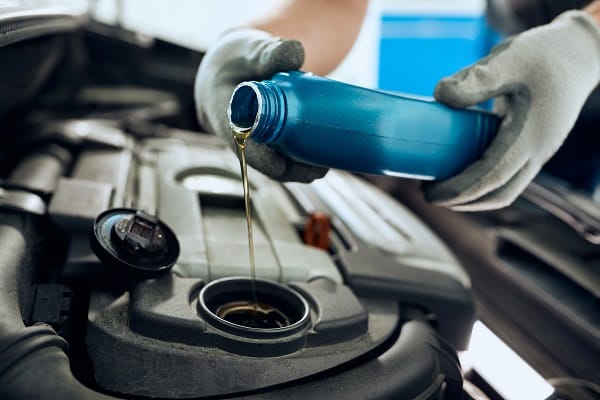
The age-old wisdom of changing your car’s oil every 3,000 miles has been ingrained in the minds of drivers for decades. While this may have been sound advice for older cars, modern engines are a different story. Thanks to advancements in both oil and engine technology, many cars can now go 5,000 to 7,500 miles between oil changes without any issues.
Consult your owner’s manual for the manufacturer’s recommended oil change interval, which is based on rigorous testing. Following this guideline not only saves you money but also is better for the environment by reducing waste. So, the next time you see that “3,000-mile” sticker on your windshield, know that it might be time for a more updated approach.
Tire Rotation Overkill
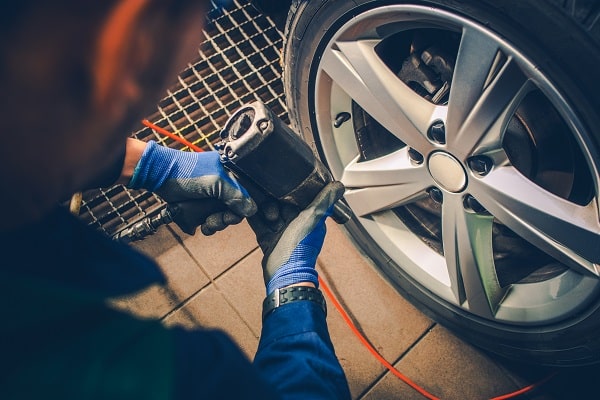
Tire rotations are another service that mechanics often recommend, usually every 6,000 to 8,000 miles. While it’s true that rotating your tires can help ensure even wear, doing it too frequently may not provide any additional benefits. The necessity of tire rotation can vary depending on your driving habits, the type of roads you frequent, and even the climate in which you live.
Instead of blindly following a one-size-fits-all recommendation, consider tailoring your tire rotation schedule to your specific needs. For instance, if you mostly drive on well-maintained roads and don’t carry heavy loads, you might find that less frequent rotations are perfectly adequate. This approach can save you both time and money.
Brake Pad Replacements
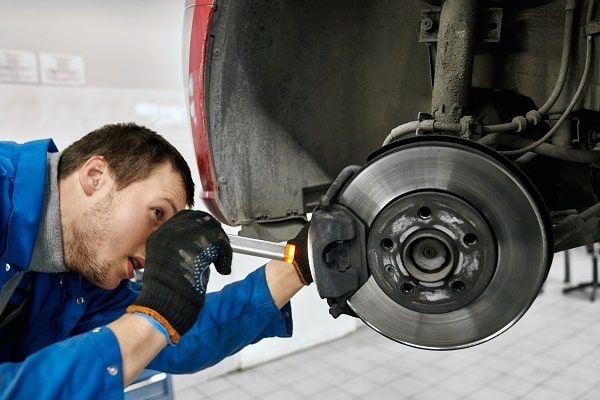
If you’ve ever been told you need new brake pads after a routine inspection, you’re not alone. Mechanics often suggest replacing brake pads even when there’s plenty of life left in them. While it’s crucial to maintain effective braking for safety reasons, prematurely replacing brake pads can be a waste of money.
Instead of relying solely on a mechanic’s recommendation, educate yourself on the signs of worn-out brake pads. These can include a squealing noise, longer stopping distances, or a warning light on your dashboard. By knowing what to look for, you can make a more informed decision and potentially save money.
Unnecessary Transmission Services

Transmission services, such as fluid changes and flushes, are often on the list of recommended maintenance. However, these services can be another area where you might be spending more than necessary. Many modern transmissions are designed to last a long time without needing these types of services.
Before agreeing to any transmission work, consult your owner’s manual for the manufacturer’s recommendations. Some cars don’t require a transmission fluid change for up to 100,000 miles. Knowing the actual service intervals for your specific vehicle can help you avoid unnecessary costs and keep your car running smoothly.
Don’t Let Your Wallet Run on Empty!
You have successfully maneuvered through the intricate labyrinth of frequently suggested yet often unnecessary auto repairs. From debunking the myth of engine flushes to questioning the need for premium fuel, the aim has been to make you a more informed car owner. Knowledge is power, and in this case, it’s also money in your pocket. Share this article with friends and family, and help them steer clear of these costly and unnecessary car repairs. Together, let’s put the brakes on wasting money!



